20 Life Lessons Moms Should Teach Their Kids Before Age 10
Teaching children essential life lessons from an early age is crucial in shaping their character and helping them navigate the world with confidence and kindness. Moms often play a significant role in instilling these values.
Here are 20 invaluable lessons that every mom should impart to their kids before they turn ten. These lessons emphasize emotional intelligence, kindness, confidence, and resilience, equipping children to grow into compassionate and self-assured individuals.
1. Always say “please” and “thank you”

In the story of building relationships, politeness is the cornerstone. Teaching kids to say “please” and “thank you” isn’t just about etiquette; it’s about recognizing and appreciating others. These words can open doors and build connections. Imagine a young child brightly thanking a teacher, creating a ripple of warmth across the room.
Manners reflect respect and gratitude, two values that strengthen bonds and make interactions pleasant. When children learn to express these feelings, they contribute positively to their environment. The habit of using polite expressions sets a foundation for respectful communication.
Ultimately, these simple words teach children humility and the importance of acknowledging others’ contributions. They learn that kindness can be conveyed through language, fostering harmonious relationships.
2. Be kind, especially when it’s not easy
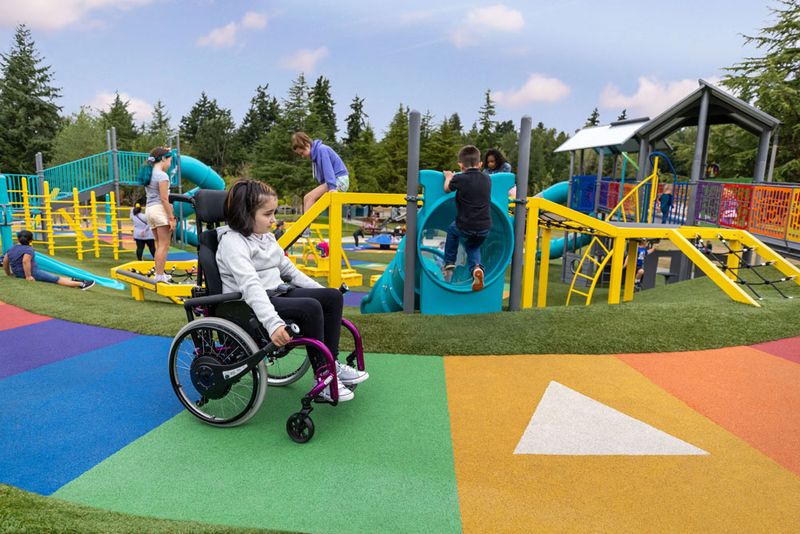
Kindness isn’t just for sunny days. It’s most meaningful when skies are gray. Picture a child offering a hand to another who’s stumbled, embodying empathy and support. Acts of kindness during challenging times showcase true strength.
Children should be encouraged to help others, even when it requires effort or sacrifice. This lesson instills courage and integrity, teaching kids to stand by their values. Such gestures create a ripple effect, inspiring others to act with compassion.
By valuing kindness, children learn the importance of empathy and the power of their actions. They become beacons of positivity, capable of influencing their surroundings for the better. Kindness becomes their guiding principle, nurturing a compassionate society.
3. It’s okay to make mistakes

Mistakes are the stepping stones to wisdom. Imagine a young artist, paintbrush in hand, accidentally spilling colors across the canvas. Instead of frustration, they see an opportunity to create something new, learning resilience through creativity.
Teaching kids that errors are natural and part of growth encourages exploration and innovation. This mindset fosters a safe environment where they can experiment without fear of failure. Children learn that each mistake is a lesson, not a setback.
By embracing imperfections, kids develop confidence and perseverance. They understand that success often comes after setbacks, and resilience is built by overcoming obstacles. This lesson encourages a growth mindset, preparing them for life’s unpredictable journey.
4. Listen more than you speak
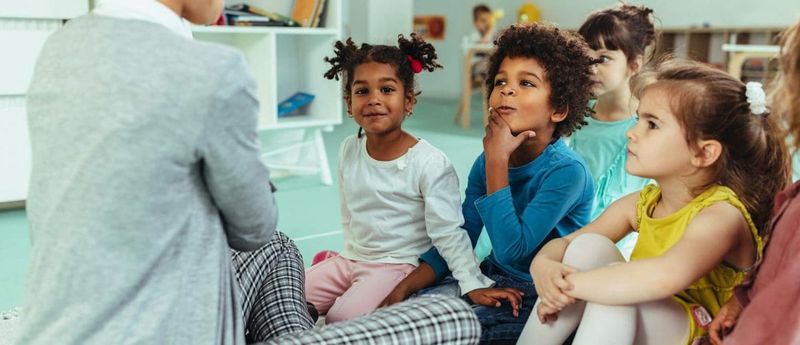
In a world full of noise, listening is a rare gift. Picture children gathered around a storyteller, their eyes wide with wonder, absorbing every word. Active listening isn’t just about hearing; it’s about understanding and connecting.
Teaching kids to listen more than they speak fosters empathy and respect. By truly listening, they learn to value others’ perspectives and emotions. This skill enhances communication and builds meaningful relationships.
Listening is a pathway to knowledge and growth. It allows children to learn from experiences and gain insights from those around them. This lesson instills patience and attentiveness, qualities that enrich their interactions and expand their horizons.
5. You don’t need to win every argument
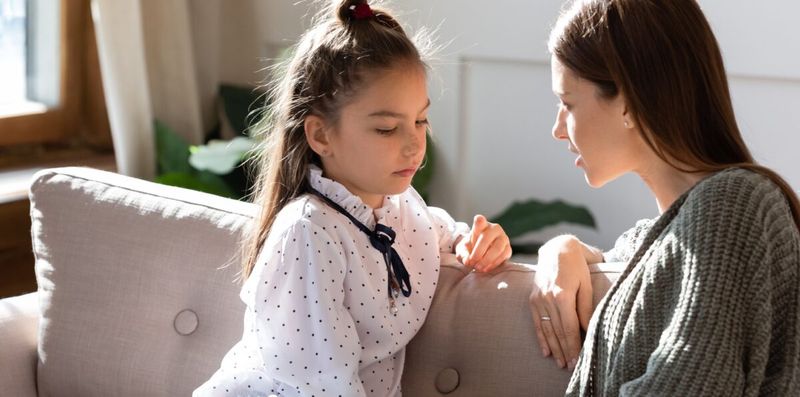
Peace over victory is a powerful lesson. Imagine two young debaters, shaking hands after a spirited discussion. They’ve learned that understanding and compromise often outweigh the need to win.
Teaching kids that they don’t have to win every argument nurtures humility and open-mindedness. They learn to appreciate different viewpoints and the value of collaboration. This mindset fosters harmony and reduces conflict.
Encouraging children to prioritize understanding over winning equips them with emotional intelligence. They realize that relationships are strengthened through empathy and respect. This lesson cultivates maturity and wisdom, guiding them to make thoughtful choices.
6. Respect others’ space and time

Respect is the bedrock of harmonious relationships. Picture a child knocking gently before entering a room, signaling consideration for others’ space and time.
Teaching children to respect personal boundaries fosters trust and mutual understanding. It emphasizes the importance of acknowledging others’ needs and preferences. This lesson nurtures empathy and social awareness.
By valuing others’ space and time, kids learn to build respectful interactions. They develop patience and consideration, becoming attuned to the dynamics of different relationships. This lesson equips them with the skills to navigate social situations gracefully.
7. Your words can heal—or hurt
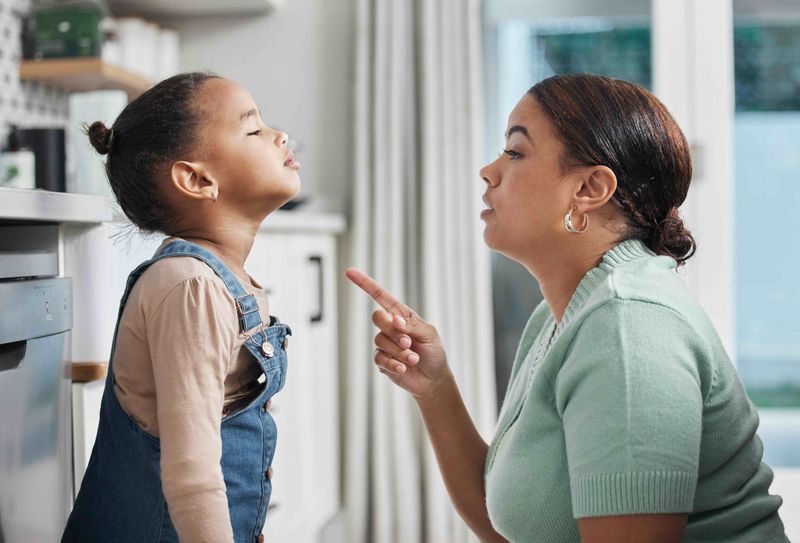
Words are powerful tools. Imagine a child using gentle words to comfort a friend, their voice a balm for wounded hearts. Teaching kids about the impact of language empowers them to choose words wisely.
Children should understand that words can heal or hurt. By using kind language, they learn to uplift others and foster positive interactions. This lesson emphasizes the responsibility that comes with communication.
By acknowledging the power of words, kids develop emotional intelligence and empathy. They become aware of how their words affect others’ feelings. This lesson encourages mindful communication, nurturing a supportive and understanding community.
8. Sharing brings joy
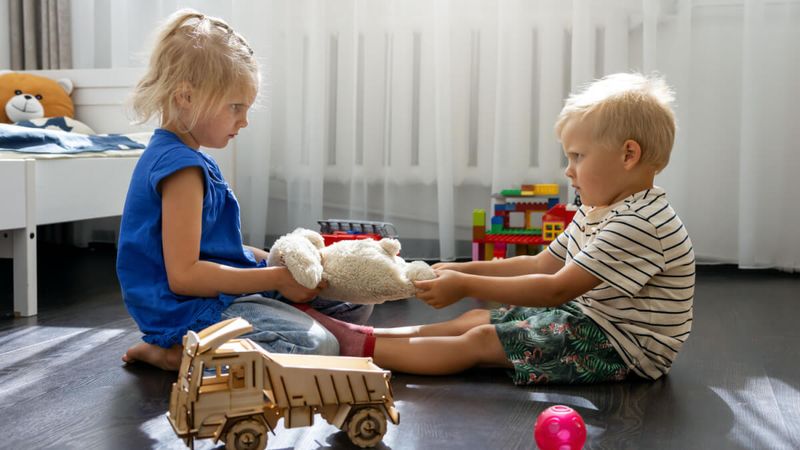
Joy multiplies when shared. Picture children in a playroom, their laughter echoing as they share toys and experiences. Sharing isn’t just about possessions; it’s about creating connections and joy.
Teaching children the value of sharing fosters generosity and empathy. They learn that giving can be as rewarding as receiving. This lesson nurtures a sense of community and cooperation.
By embracing sharing, kids discover the joy of togetherness. They build friendships and learn that life is richer when experiences are shared. This lesson instills kindness and a sense of belonging, enriching their social interactions.
9. Ask questions when you don’t understand

Curiosity drives learning. Imagine a child, hand raised, eyes bright with curiosity, eager to unravel the mysteries of the world. Encouraging kids to ask questions fosters a love for learning and exploration.
Teaching children to seek clarity when in doubt enhances their understanding and critical thinking. It empowers them to be active participants in their education. This lesson cultivates curiosity and a growth mindset.
By asking questions, kids learn to embrace uncertainty and seek knowledge. They develop confidence in expressing their thoughts and ideas. This lesson nurtures intellectual curiosity, preparing them for lifelong learning.
10. Speak up for yourself respectfully
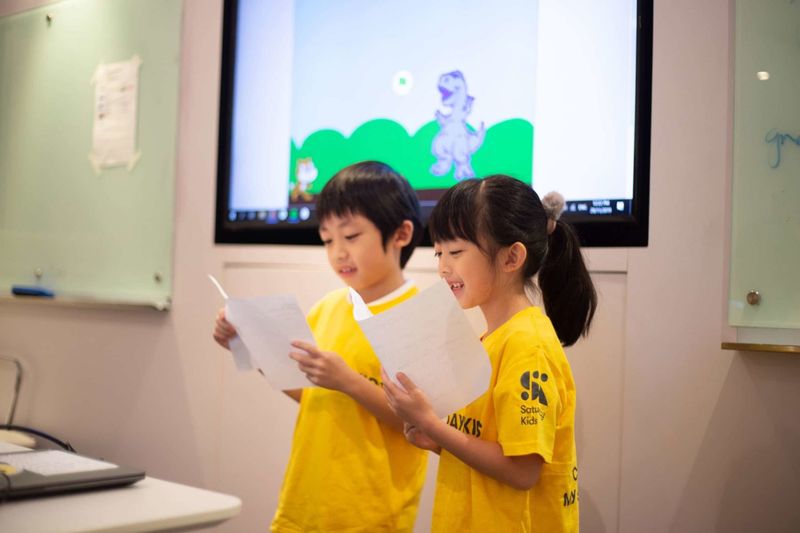
Confidence is the voice of self-respect. Picture a child calmly expressing their thoughts, their voice steady and respectful. Teaching kids to advocate for themselves instills confidence and self-worth.
Encouraging children to speak up respectfully empowers them to express their needs and opinions. This lesson emphasizes the balance between assertiveness and respect, fostering healthy communication.
By advocating for themselves, kids learn the importance of self-expression and standing by their values. They develop resilience and independence, essential traits for navigating life’s challenges. This lesson equips them with the skills to communicate effectively and confidently.
11. Treat others how you’d want to be treated

The Golden Rule is timeless wisdom. Imagine children playing harmoniously in a park, each treating the other with kindness and respect. This principle guides them in building compassionate relationships.
Teaching kids to treat others as they’d like to be treated fosters empathy and understanding. They learn the value of kindness and mutual respect, essential for harmonious interactions.
By practicing this principle, kids cultivate a sense of fairness and integrity. They become aware of the impact of their actions on others. This lesson encourages compassion and empathy, creating a harmonious and inclusive community.
12. Clean up after yourself
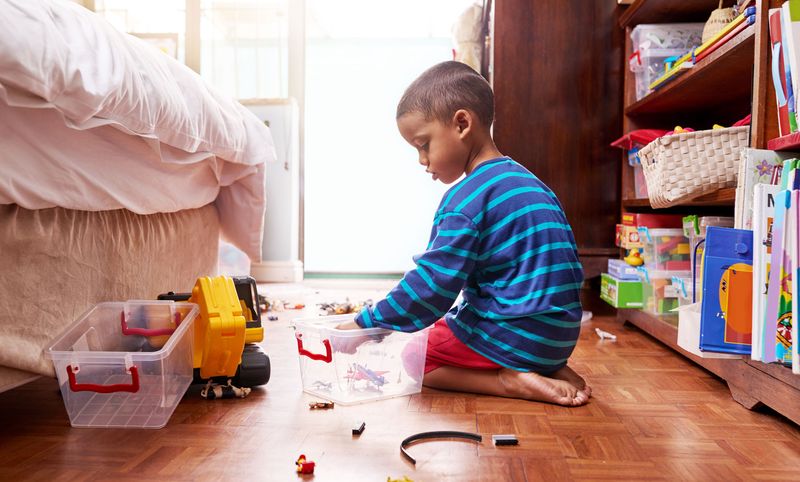
Responsibility begins with small actions. Picture a child diligently tidying up toys, their actions reflecting respect for their environment. Teaching kids to clean up after themselves instills responsibility and discipline.
Encouraging children to maintain orderliness fosters a sense of accountability. They learn the importance of contributing to a clean and organized space. This lesson nurtures respect for their surroundings.
By taking responsibility for their actions, kids develop a sense of ownership and pride. They understand that small efforts contribute to a larger goal. This lesson prepares them for responsible and mindful living, enriching their personal growth.
13. You’re responsible for your choices
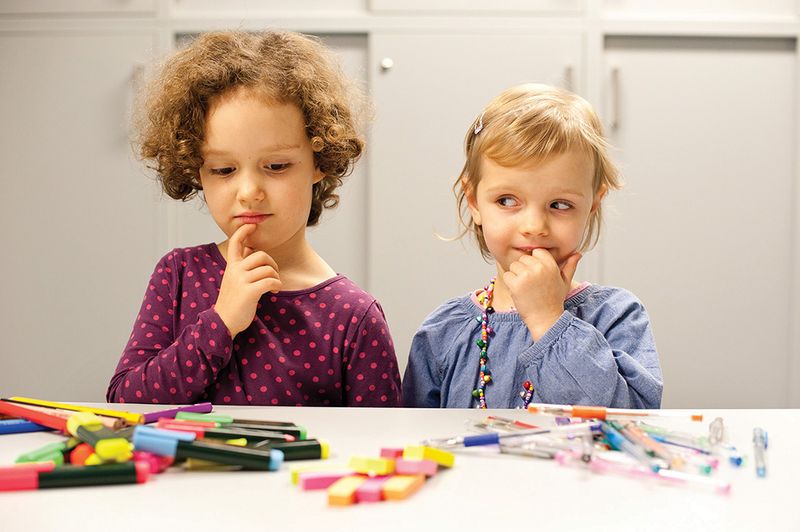
Choices shape our journey. Imagine a child standing before two paths, contemplating their options with care. Teaching kids about responsibility for their choices empowers them to make thoughtful decisions.
Encouraging children to own their decisions fosters accountability and integrity. They learn that their actions have consequences, shaping their character and future. This lesson instills a sense of empowerment and self-awareness.
By understanding the impact of their choices, kids develop decision-making skills and resilience. They become equipped to navigate life’s complexities with confidence. This lesson prepares them for responsible and informed decision-making.
14. Apologizing doesn’t make you weak
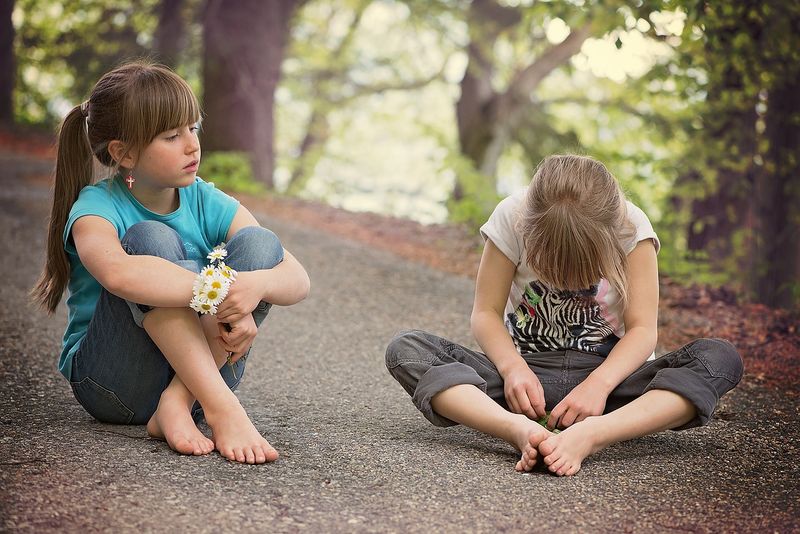
Strength is found in humility. Picture a child, head bowed slightly, sincerely apologizing to a friend. They’ve learned that saying sorry isn’t a sign of weakness, but a step towards healing.
Teaching kids that apologizing reflects strength and integrity fosters empathy and understanding. They learn the importance of acknowledging mistakes and mending relationships.
By embracing apologies, kids develop humility and emotional intelligence. They understand that taking responsibility for their actions builds trust and respect. This lesson encourages forgiveness and reconciliation, nurturing healthy interactions.
15. Stand up for those who can’t
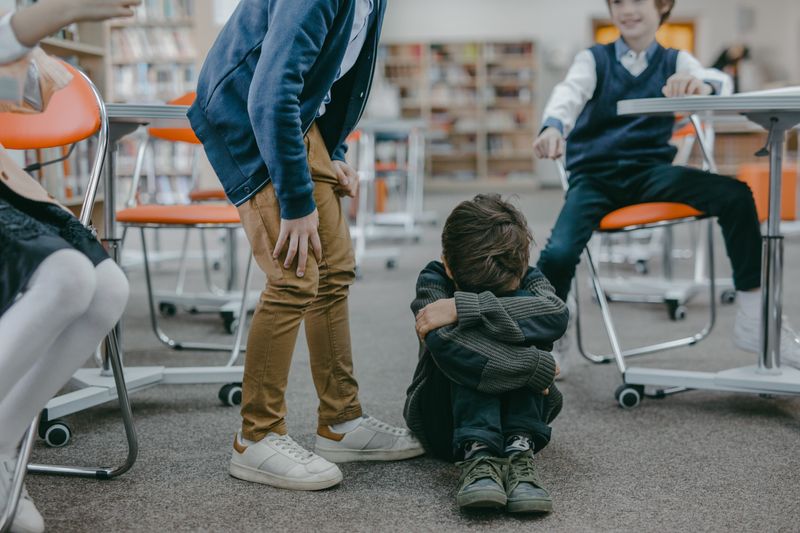
Courage is the voice of justice. Imagine a child standing tall, defending a younger peer from bullying. They’ve learned the importance of advocating for those who can’t.
Teaching kids to stand up for others fosters empathy and compassion. They learn the value of courage and integrity in building a fair and supportive community.
By defending others, kids develop leadership and advocacy skills. They understand that their voice can create change and empower others. This lesson encourages social responsibility, nurturing a culture of kindness and justice.
16. Confidence is quiet, not loud

True confidence whispers rather than shouts. Picture a child presenting a project with quiet assurance, their demeanor calm and focused. Teaching kids that confidence is rooted in self-belief fosters inner strength.
Encouraging children to embrace quiet confidence nurtures self-assurance and humility. They learn that true strength comes from within, not from seeking external validation.
By cultivating inner confidence, kids develop resilience and poise. They become comfortable in their skin, trusting their abilities and instincts. This lesson prepares them for challenges, empowering them to face the world with grace and assurance.
17. Practice gratitude daily
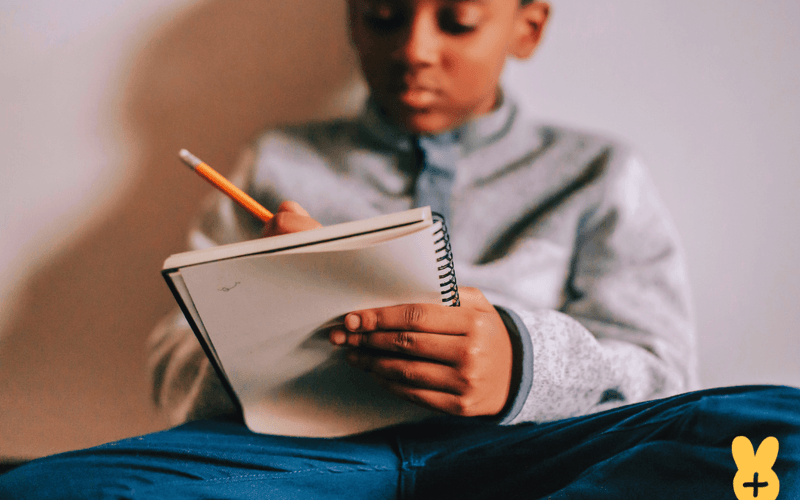
Gratitude transforms ordinary moments into extraordinary memories. Imagine a child, pen in hand, jotting down daily thanks in a journal. This simple act of reflection cultivates positivity and appreciation.
Teaching kids to practice gratitude daily fosters mindfulness and happiness. They learn to focus on the positives, enhancing their well-being and resilience.
By embracing gratitude, kids discover the richness in everyday life. They develop a mindset of abundance, appreciating both big and small blessings. This lesson nurtures contentment and joy, enriching their emotional landscape.
18. Screen time isn’t everything
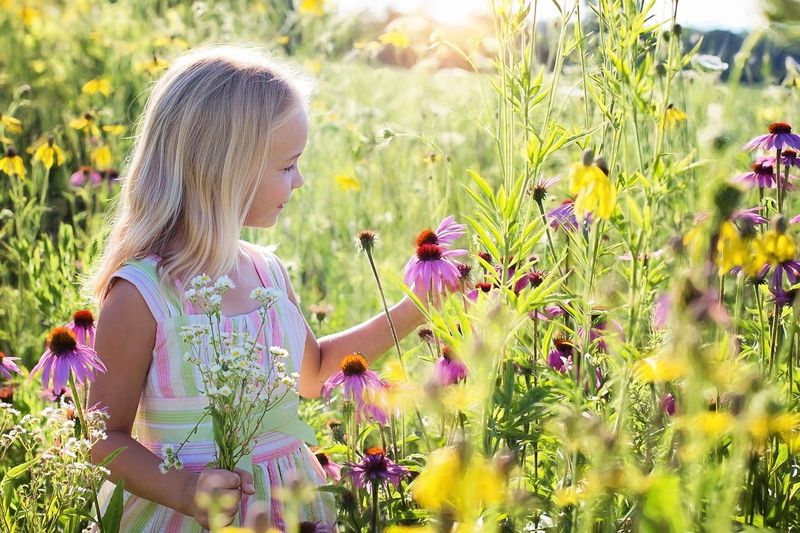
Beyond screens lies a world of wonder. Picture children running freely in a sunlit field, their laughter echoing as they explore nature’s playground. Teaching kids that screen time isn’t everything encourages balance and creativity.
Encouraging children to engage in outdoor activities fosters physical and mental well-being. They learn to appreciate real-world experiences and develop social skills.
By reducing screen time, kids discover the joys of imagination and exploration. They become more active and curious, building a connection with the natural world. This lesson promotes a healthy lifestyle and holistic development.
19. Curiosity is a gift—use it
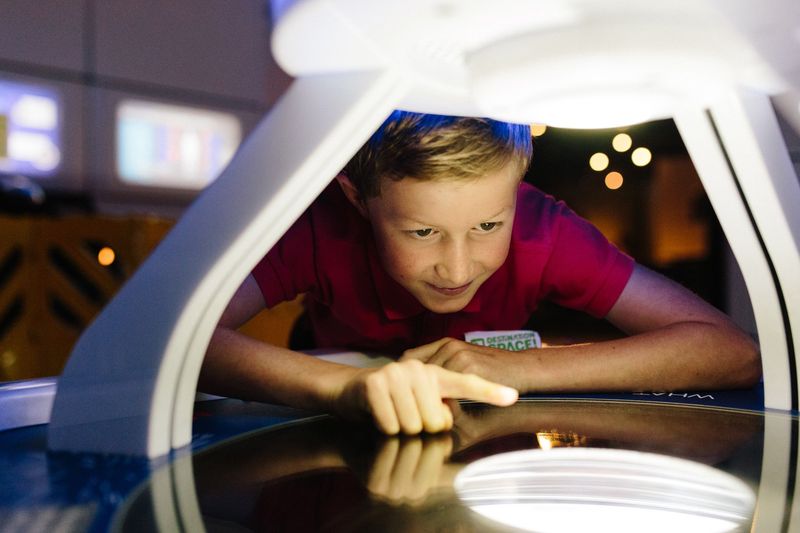
Curiosity is the spark of discovery. Imagine a child exploring a science exhibit, eyes wide with wonder, eager to uncover new knowledge. Encouraging curiosity nurtures a lifelong love for learning.
Teaching kids to embrace their curious nature fosters creativity and innovation. They learn to question, explore, and seek understanding, driving intellectual growth.
By valuing curiosity, kids develop problem-solving skills and adaptability. They become open-minded and resourceful, prepared to navigate an ever-changing world. This lesson empowers them to pursue knowledge and embrace the unknown.
20. Love yourself the way you are

Self-love is the foundation of happiness. Picture a child gazing into a mirror, their reflection smiling back, full of self-acceptance. Teaching kids to love themselves as they are fosters confidence and self-worth.
Encouraging children to embrace their uniqueness nurtures self-esteem and resilience. They learn to value their individuality and strengths, promoting a positive self-image.
By practicing self-love, kids develop confidence to face challenges and pursue their dreams. They become empowered to be their authentic selves, embracing both strengths and imperfections. This lesson cultivates inner harmony and joy.






